As your baby turns into a walking, babbling toddler, you may notice that reaching developmental milestones becomes less important and changeable than during a baby’s first year.
All humans are complex beings, and not all toddlers will be able to tick milestones at exactly the right age and stage listed below. This article offers generic guidelines only! Don’t be stressed if your precious bundle is off target from some milestones by a month or even six. Now is the time to start respecting your child’s unique development.
Yourchild’s development from one to two years
| Age | Most can | Some probably can | Some possibly can |
|---|---|---|---|
| 13 months | Say two or more words other than mama or dada
Stand & take a few steps Bend over to pick up objects Walk with help |
Drink from a cup independently
Say three or more words other than mama or dada Scribble Hold out an arm or leg to help get dressed |
Try and lift heavier objects
Roll a ball back and forth Use words and gestures to communicate Walk well |
| 14 months | Stand well & take a few steps unassisted. Walk with help
Empty and put objects back into containers Say three or more words other than mama or dada Eat finger foods |
Toddle well
Point to a body part when asked Imitate adults Start game playing Communicate with words and gestures |
Walk well
Use a spoon or fork Respond to instructions eg “give mummy a kiss” Match appropriate shapes in a toy Push and pull toys while walking |
| 15 months | Toddle well
Say up to five words Look at books and turn pages Laugh at funny things |
Walk well or run
Draw lines Say no and shake head Sing songs Follow simple directions |
Walk up stairs and backwards
Want to help around the house Put finger to mouth and say, ‘shhh’ |
| 16 months | Turn pages of a book when you read
Become attached to a toy or object Walk well Sing Get upset when frustrated |
Walk backwards
Start to climb and explore Help around the house Stack blocks Switch from two day sleeps to one Say up to 10 or 15 words |
Become picky about certain foods
Take off clothes without help Experience less separation anxiety Dance to music |
| 17 months | Start to climb and explore
Respond to simple directions Enjoy certain games Play with ride-on toys |
Become picky about certain foods
Experience less separation anxiety Run well Use certain words regularly |
Talk more clearly
Kick a ball in a forward direction Enjoy sorting toys Make phrases or put together pairs of words Brush teeth with help |
| 18 months | Run, draw and scribble well
Become picky about certain foods Say at least 15 or 20 words Self-feed with a spoon |
Make phrases or put together pairs of words
Brush teeth with help Take off an article of clothing alone Jump around |
Show signs of potty training
Climb Take off clothes Draw circles Understand two-part directions |
| 19 months | Brush teeth with help
String more words together |
Know when something is wrong
Say 20 to 50 words Form recognisable sentences Take off their own clothes |
Show signs of bladder control
wash hands without help Draw better circles and straighter lines Name several part of their body |
| 20 months | Take off clothes without help
Pretend to help toys; imitate, such as feeding a doll Know when something is wrong |
Learn five or more words per day
Enjoy helping around the house Start setting small goals |
Show better signs of bladder control
Learn up to 10 new words per day |
| 21 months | Learn up to 5 or more words per day
Walk up stairs with some assistance Make structures out of toys or blocks |
Learn up to 10 or more words per day
Show good signs of bladder control Throw balls overhand Open doors |
Name people and pets in pictures
Form short sentences Walk down stairs with some assistance Open and close doors |
| 22 months | Follow more complex directions
Imitate others’ behaviour Show good signs of bladder control Start to learn up to 10 words or more per day |
Like puzzles
Identify several parts of body Walk down stairs with some assistance Form short but complete and understandable sentences Open and close doors |
Put on and take off clothing
Start understanding opposites (hot and cold, etc.) Form three or four word sentences Use up to 40 or more single words |
| 23 months | Name pictures in books
Walk down stairs with some assistance Identify their own body parts Like puzzles |
Use 40 or more words
Form three or four word sentences Put on and take off clothing alone |
Walk down stairs unassisted
Want to talk about likes and dislikes Start asking “why” Speech mostly understandable |
Your child’s development from two to three years
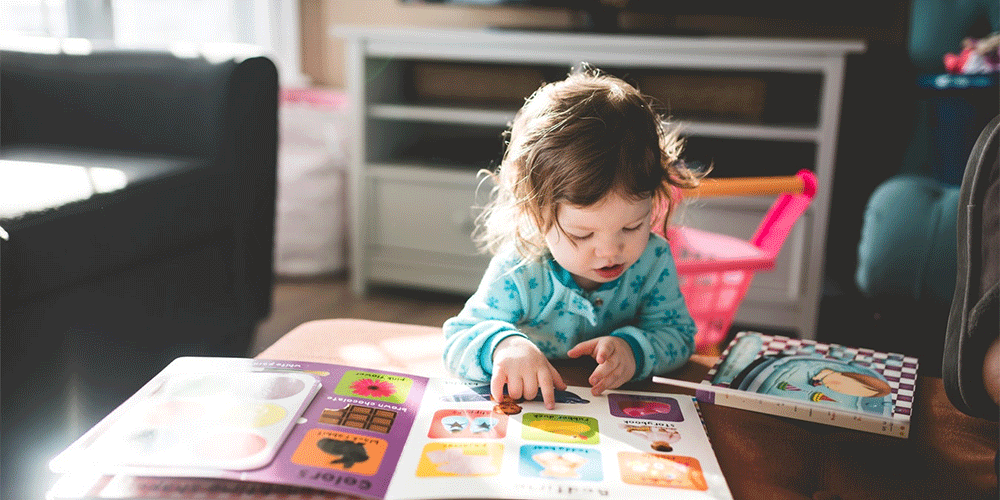
| Age | Most can | Some probaby can | Some possibly can |
|---|---|---|---|
| 24 months |
|
|
|
| 25 months |
|
|
|
| 26 months |
|
|
|
| 27 months |
|
|
|
| 28 months |
|
|
|
| 29 months |
|
|
|
| 30 months |
|
|
|
| 31 months |
|
|
|
| 32 months |
|
|
|
| 33 months |
|
|
|
| 34 months |
|
|
|
| 35 months |
|
|
|
| 36 months |
|
|
|

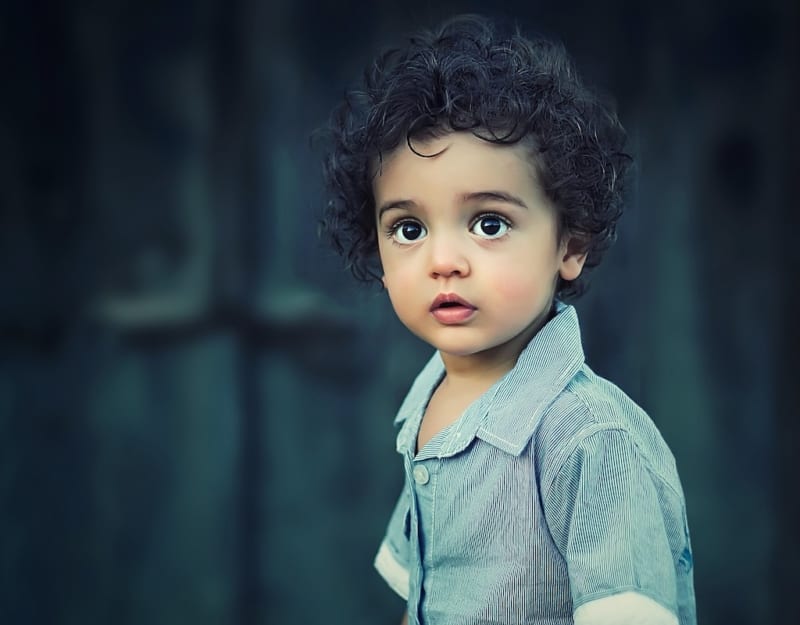
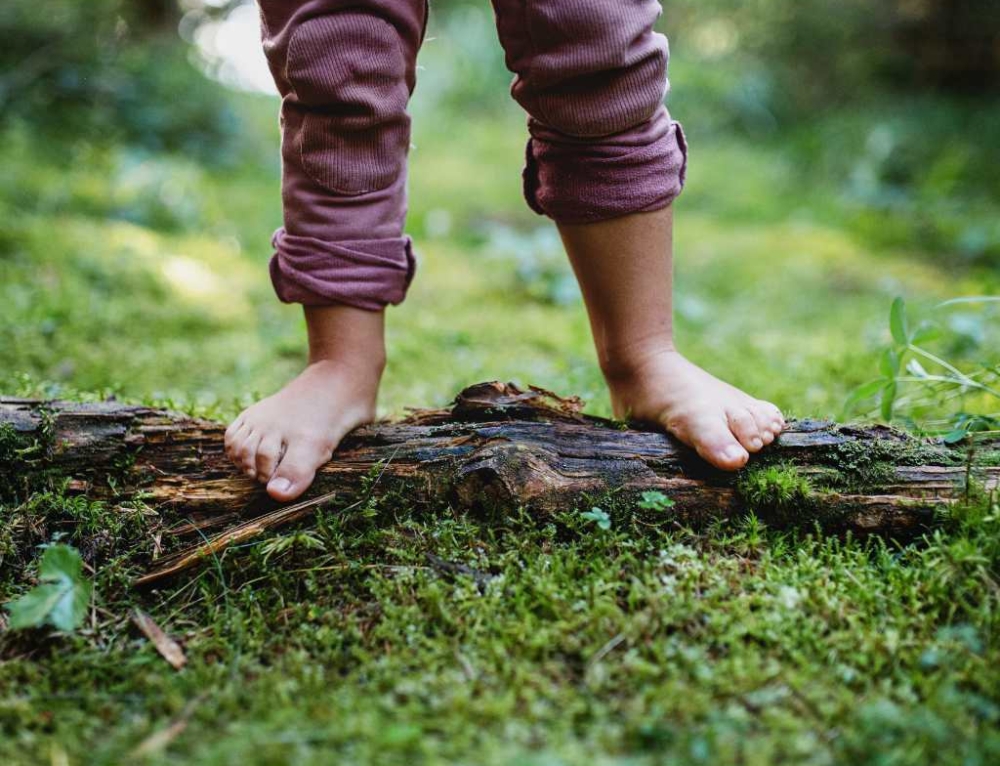
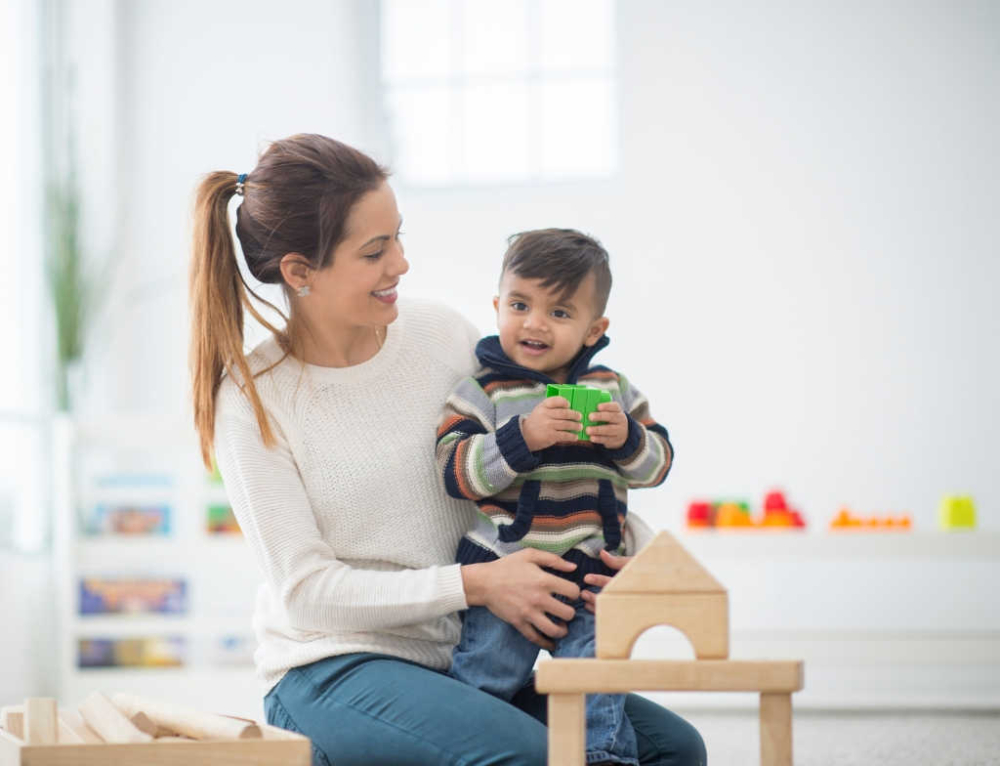

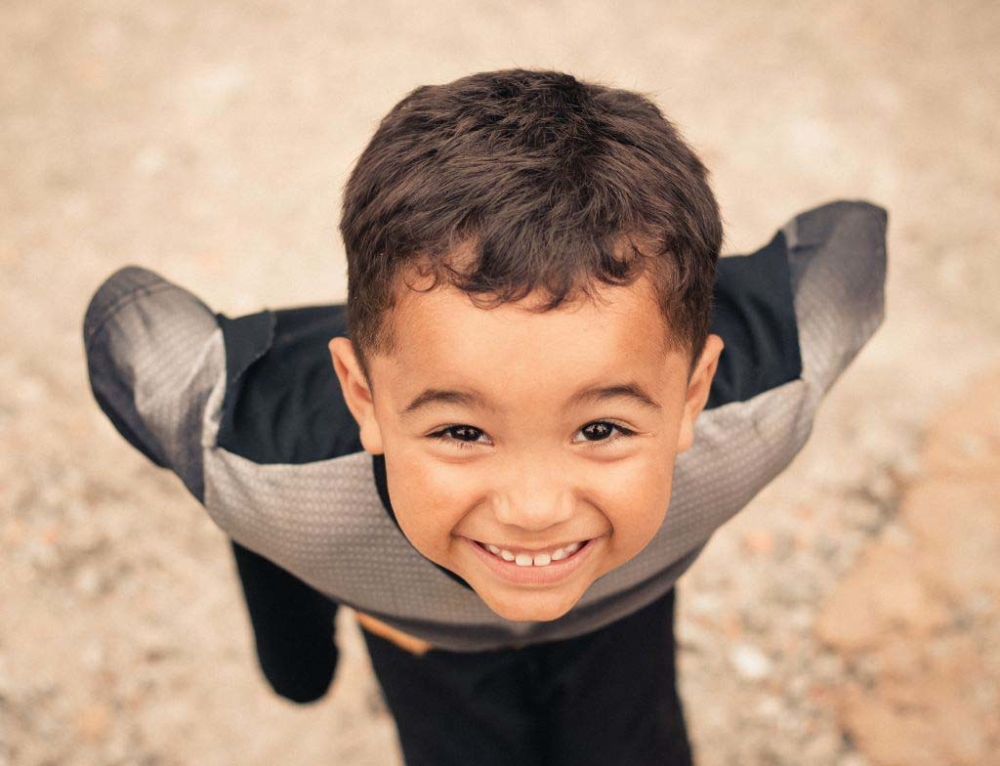
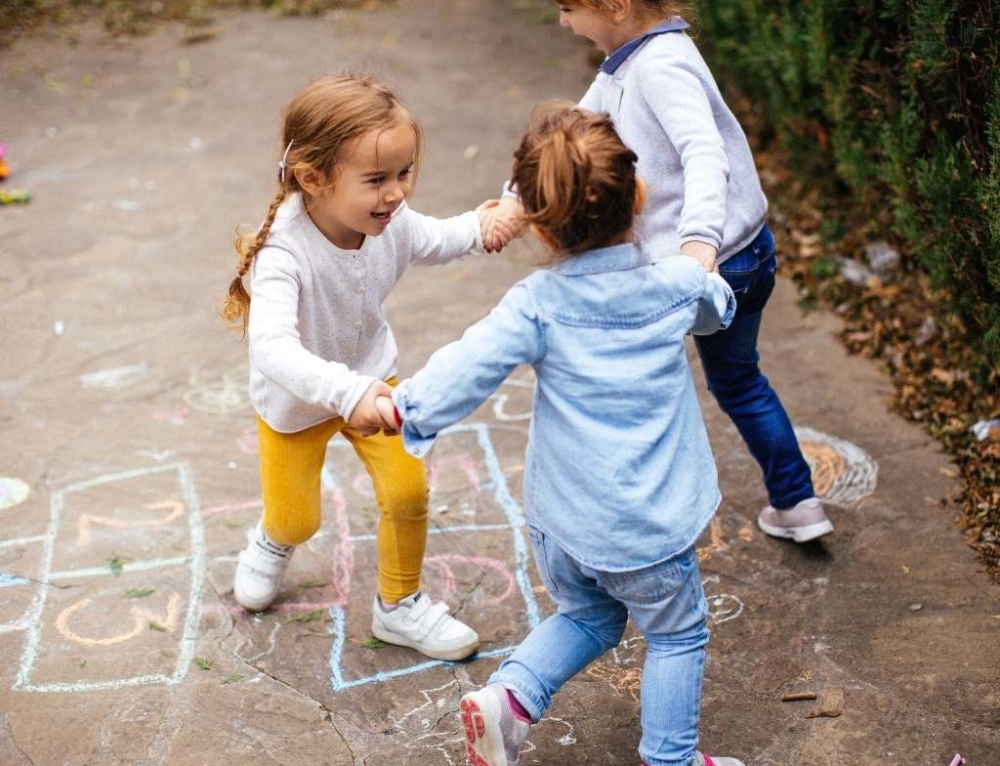
Milestones are hard. My 4yr old has some slight speech issues and so hasn’t reached some, and we get questioned often what is he trying to say. Just be patient with your child of that don’t meet these marks.
My kids are past this but my granddaughter is 29 months old and is confidently doing the things that she should be at her age, all children are different though and will have strengths in different areas to others
This is great for new parents but also trying not to stress about what exactly your child is doing as they all progress at different times as my 3 did they were all very different. One of my child was late to talk, the other walked early at 10 months so everyone is different but at the same time it is great to know what to expect that they can do by each age.
I found this very interesting. I still believe there is a lot of people that stress to much if there child has not met milestones at the times they say on the chart. I believe every child is different and takes different time frames to do stuff. No child is the same that’s what makes us all individuals.
This is one area i think new mums could use help with. Both my daughters developed well and even beyond some of these stages at times with alot of time spent with them as well as encouraging them beliving their were capable of doing things and not just treating them as if they would not understand at all.
I have seen so many mums brush off any confidence in their babies being able to do certain things that are so attainable for the child at that stage. and by doing this they dont encourage the childs natural ability to learn and grow. More awareness like this is defnitely a must.
Our daughter developed “normally” I guess – they are all different anyway. I wasn’t too worried about milestones but did keep an eye on any major one’s just in case. BTW could the wee one in the picture above be any cuter?!?! 🙂